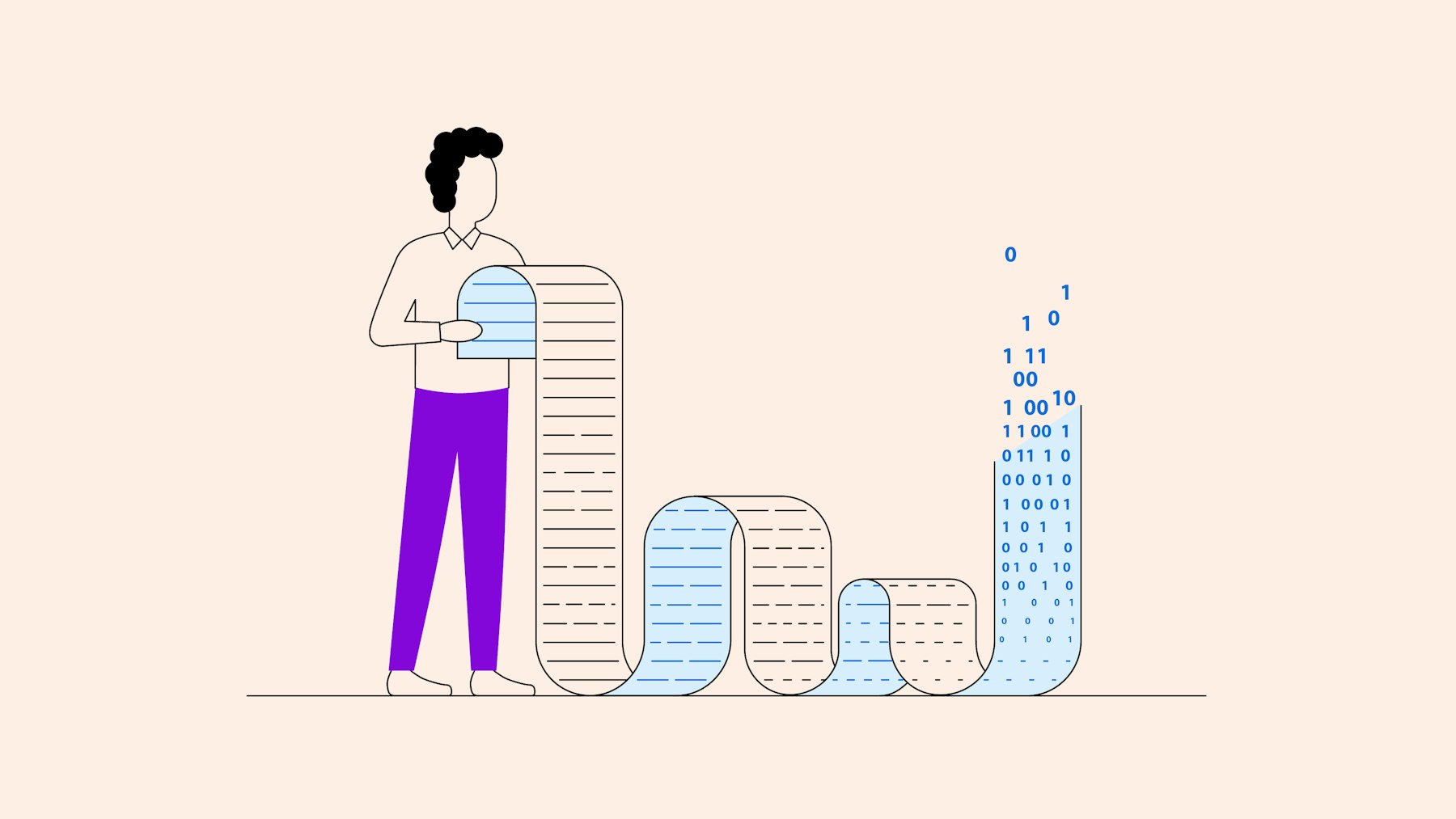What are smart contracts?
The earliest precursors of smart contracts were POS payment terminals and vending machines. Using a vending machine, you put in the amount of money that equals the posted price for the item you want and within moments, you receive said item directly through a slot at the bottom of the machine.
Thus, both reception of the payment and the releasing of the item are automated in the purchase process. In essence, smart contracts are created to automatically execute and complete processes, such as a payment process, in digitised form.
Both reception of the payment and the releasing of the item are automated in the purchase process.
Digitised execution
In 1994, Nick Szabo, a well-respected cryptographer who is also an authority on Ethereum, came up with the idea to use computer protocols to support the execution of contracts over computer networks. He wrote in a blog article:
”Smart contracts reduce mental and computational transaction costs imposed by either principals, third parties, or their tools. The contractual phases of search, negotiation, commitment, performance, and adjudication constitute the realm of smart contracts. This article covers all phases, with an emphasis on performance. Smart contracts utilize protocols and user interfaces to facilitate all steps of the contracting process. This gives us new ways to formalize and secure digital relationships which are far more functional than their inanimate paper-based ancestors.”
